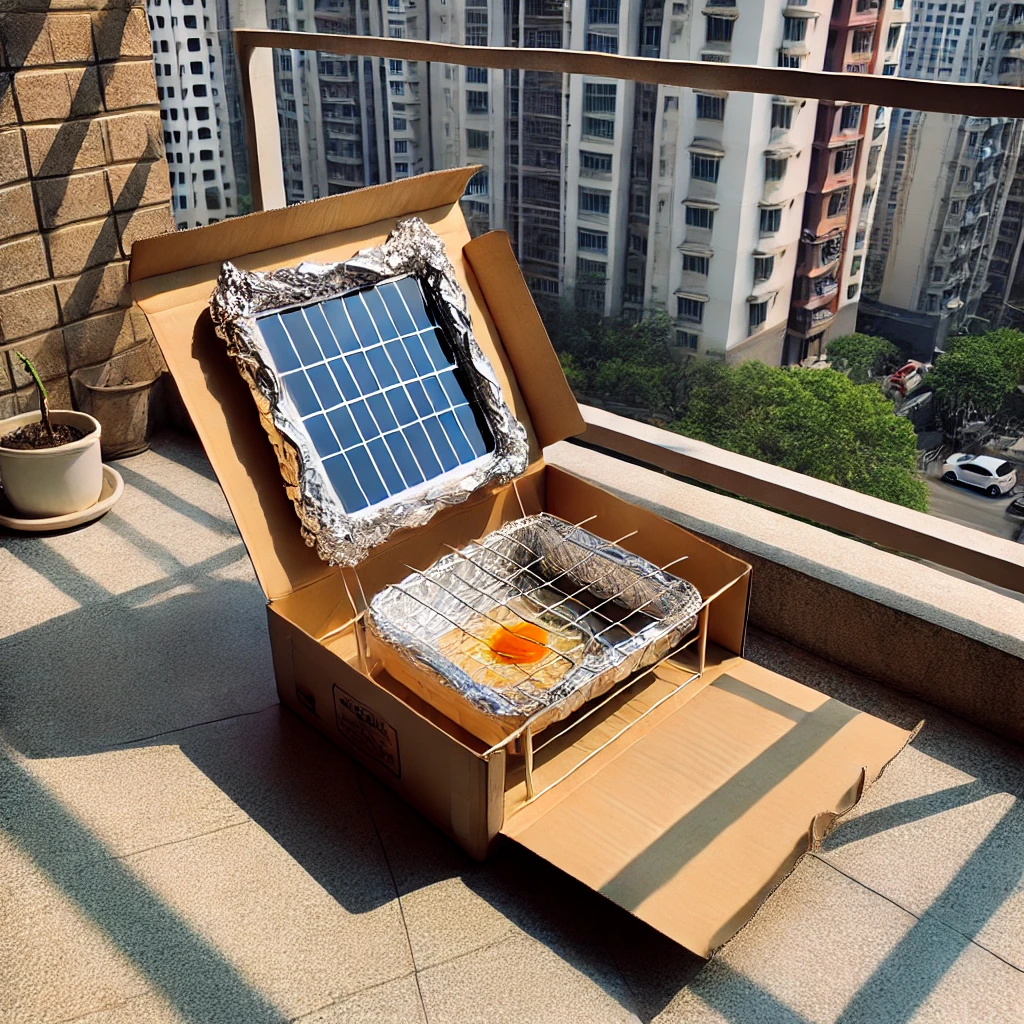Primitive cooking techniques essentially are skill that mean that when the power goes out and traditional cooking methods aren’t an option, having a few primitive cooking techniques up your sleeve can make a world of difference. Whether you’re using open flames, makeshift stoves, or even harnessing solar energy, these techniques allow you to prepare meals safely in an urban environment without relying on modern appliances.
Why Primitive Cooking Skills Matter
In an urban survival situation, you may need to cook food without access to gas, electricity, or even standard kitchen appliances. Here’s why primitive cooking is essential:
- Adaptability: Ensures you can prepare food even without conventional resources.
- Self-Reliance: Increases your resilience by teaching you how to cook with minimal tools.
- Safety: Allows you to avoid open flames indoors by using alternative methods like solar cooking.

Essential Primitive Cooking Techniques
These techniques are safe, versatile, and effective in survival situations, allowing you to cook in almost any condition.
1. Open Flame Cooking
- What It Is: Cooking directly over an open flame, like a campfire.
- Best For: Grilling meat, roasting vegetables, and boiling water.
- Setup Tips: If you’re cooking outdoors, find a safe, open space and use a portable grill or a sturdy frame for pots. Always keep a fire extinguisher or water nearby.
- Indoor Safety: Avoid open flames inside; if cooking indoors, look for alternatives like canned heat sources (e.g., Sterno cans) that produce low smoke and are safer for enclosed spaces.
2. Solar Cooking
- What It Is: Using the sun’s energy to cook food with a solar oven.
- Best For: Slow-cooking vegetables, stews, or drying food.
- Setup Tips: You can make a DIY solar oven with a cardboard box, aluminum foil, and plastic wrap. Place your food inside and aim the reflective surfaces toward direct sunlight.
- Benefits: Solar cooking is fuel-free and works well in sunny conditions. Just note that it requires patience, as cooking times can be longer.
3. Stone Boiling
- What It Is: Heating stones over a fire and placing them in water to bring it to a boil.
- Best For: Boiling water, cooking stews, or making soups.
- Setup Tips: Use small, non-porous stones (avoid river rocks, which can explode when heated). Place the stones directly into a metal or heat-resistant container filled with water.
- Advantages: Allows you to boil water without needing a fire under the container, which is helpful if using indoor or small containers.
4. Tin Can Rocket Stove
- What It Is: A small, portable stove made from a tin can, allowing for concentrated heat.
- Best For: Boiling water, cooking in small pans or pots.
- Setup Tips: Create air holes around the bottom of a large tin can for ventilation, and add a small opening for fuel (wood or charcoal). This allows for an efficient, controlled flame that uses minimal fuel.
- Benefits: Rocket stoves are easy to build and use very little wood, making them ideal for urban survival.
5. Direct Ash Cooking
- What It Is: Placing food directly in hot ashes or embers to cook.
- Best For: Cooking root vegetables, like potatoes or yams, as well as meat wrapped in foil or leaves.
- Setup Tips: Bury food in hot ashes and cover with a layer of embers. Check frequently to avoid burning.
- Advantages: Requires no pots or pans, making it perfect for minimalist cooking. Just be cautious to avoid direct contact with ashes that may contain contaminants if outdoors.
Primitive Cooking Safety Tips
Cooking with primitive techniques in an urban environment presents unique challenges. Follow these safety guidelines to avoid accidents:
- Choose Safe Locations: Only cook with an open flame outdoors, unless using a low-smoke, indoor-safe fuel source.
- Ventilate Properly: If cooking indoors with alternative fuel sources, open windows and avoid using enclosed areas.
- Keep a Fire Extinguisher Nearby: Even small flames can become dangerous if not monitored.
- Handle Hot Stones Carefully: Use heat-resistant gloves or tongs when using stone boiling, as stones retain extreme heat.
Best Foods for Primitive Cooking
Not all foods are suited for primitive techniques. Choose foods that are simple to prepare and cook evenly, such as:
- Root Vegetables: Potatoes, carrots, and sweet potatoes are resilient and cook well in ashes or on open flames.
- Rice and Grains: Can be boiled in water using a tin can stove or stone boiling.
- Canned Goods: Many canned items can be warmed directly over a fire or in a tin can rocket stove.
- Hardy Greens: Kale, spinach, and chard cook quickly and are nutrient-dense, making them ideal for quick boiling.

Primitive Cooking Tools to Have on Hand
Investing in a few key tools can make primitive cooking easier and safer. Here are some essentials:
- Portable Grill or Skewer Set: For cooking over an open flame.
- Heat-Resistant Gloves: Necessary for handling hot stones or ashes.
- Tin Can or Small Pot: Essential for creating a makeshift stove or boiling water.
- Folding Solar Oven: Compact and ideal for urban setups, providing a fuel-free cooking option.
Conclusion
Primitive cooking skills are essential for anyone preparing for urban survival. With these techniques, you can safely and effectively cook meals without relying on modern conveniences. By mastering methods like open flame cooking, stone boiling, and solar cooking, you increase your adaptability, resilience, and independence in any situation.

